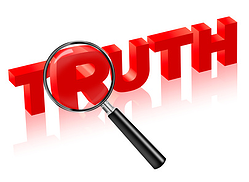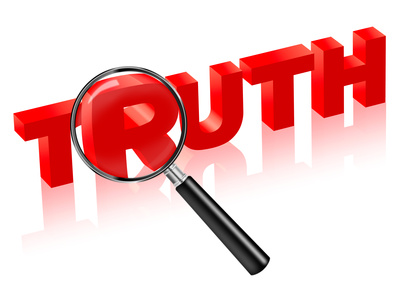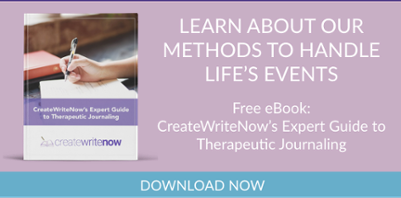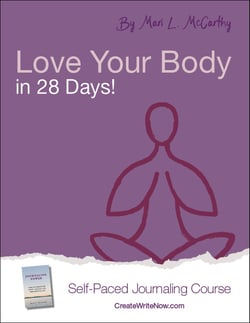
Journaling while in eating disorder recovery can help you be honest with yourself. And that honesty is one of the keys in eating disorder recovery. I don't believe I would have recovered from my own eating disorder had it not been for my journal. I spent countless hours writing through the pain, anger, confusion, hopelessness, and on it went. Now, as I work with those who have eating disorders, I see the many ways they also benefit from journaling. Based on my experience, here are some benefits of journaling during eating disorder recovery.
1. Journaling can help you sort through your thoughts. We all have certain beliefs about ourselves and our lives, and we may feel pretty confident we know what they are. However, sometimes journaling reveals otherwise. This makes it a great tool to help us be honest with ourselves. As you journal, don't be surprised if you find yourself writing thoughts you didn't even realize you had.
2. Journaling can help you release inner pain. Recording the events that hurt you is one step in healing from them. Use your journal to convey how you feel about what has happened to you. That pain, left stuffed inside, will only remain to hurt you more and more. Better out than in. Leave the "sting" on those pages if you can. Try not to be discouraged if it takes several attempts to begin to experience relief. Especially with deep hurts, there is a lot of pain to let go of, and it will take time.
3. Journaling can help you express your emotions. Rather than keeping your feelings bottled up inside, let them out through your pen. If you aren't sure what you feel, you can even start by reviewing a list of emotions and see which one stands out to you and sums up what you feel. Then just let your journal be your "guts on paper". Just let it all out. Some of your emotions may be very strong and reach quite deep. So if you need to write some of the same things again and again, so be it.
4. Journaling can help you put your concerns into prayers. Examine where you need divine help and write out your prayers. It's a great way to be honest in recognizing where you need help, focus on what might help you, and open yourself to God's power.
The benefits of journaling in eating disorder recovery will vary from one person to another. The main thing is to let your journal be your safe place to talk. If you are afraid someone else might read it, lock it up in a safe place. If you prefer to journal on your computer, journal only on a flash drive and lock that up. Just don't let anything stop you from being honest and open as you write out your thoughts and feelings. That honesty will serve you well in your eating disorder recovery.
This guest post is contributed by Laurie Glass, counselor and author at Freedom from Eating Disorders
Are you dwelling on past events or missed opportunities? Or perhaps you're experiencing uneasiness and trouble making sense of it all? Please download our free ebook, CreateWriteNow's Expert Guide to Therapeutic Journaling.
Being unhappy with your weight often impacts other areas of your life, causing stress, anxiety, and sadness. Our Love Your Body in 28 Days self-paced journaling course offers you a gentler approach to forming new habits and achieving greater health.




Leave Comment